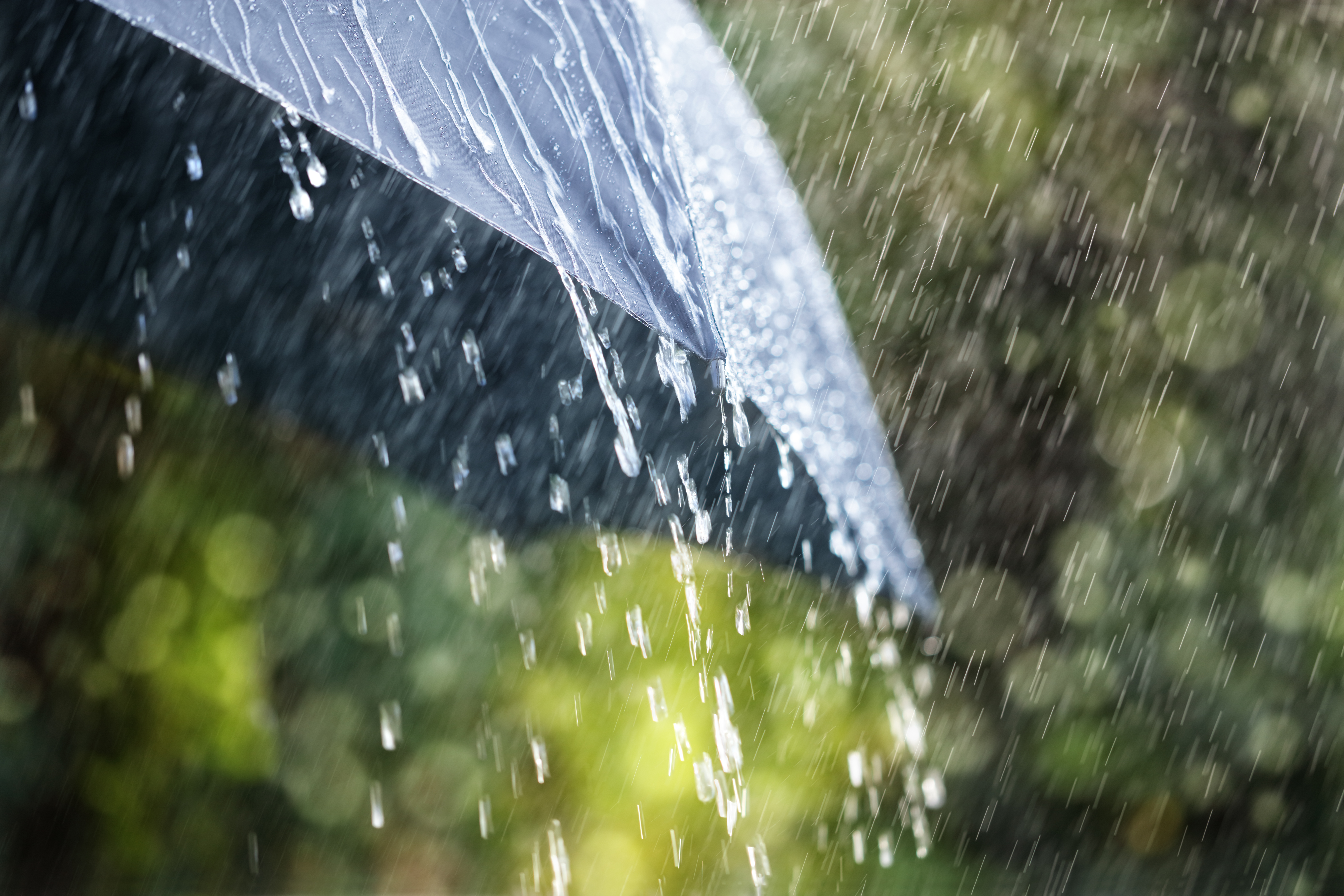Rain and Radon
Spring weather has brought unrelenting rain to Kansas City this year; causing widespread flooding and damage to homes. The effects of rain can be felt in many areas of our lives, including the effect on radon levels in our homes. We want to take some time to educate our community about how exactly rain and radon are related.
Firstly, we want to be clear that rain does NOT CAUSE radon. Every home/structure has radon. Walking around outside you get a 0.6 concentration of radon. It is a part of our planet Earth and there is no escaping it. In the United States, the EPA has set the action level for radon at 4.0 pc/l. The World Health Organization (WHO) actually recommends an action level of 2.7 pc/l. For more details on general radon facts, look here.
So, how does rain affect radon levels?
The explanation involves a variety of different factors. It is important to note that the moisture effect on radon levels is not just a hunch, it has actually been studied for years. Of those studies, one of the major conclusions is that “Partitioning of radon gas between the water and air fractions of soil pores is the main factor increasing soil air radon concentration with the increasing water saturation factor.” https://www.ncbi.nlm.nih.gov/pmc/articles/PMC4884879/
For example; Think about how you would concentrate any blast of air or water using a tool or attachment. You would narrow the exit space and increase pressure.
With rain comes pressure changes in the atmosphere and increased density in the soil, creating a change for expanding natural gasses. In other words, the air has to go somewhere, and the atmospheric changes create more pressure and less room to do so. But, how much of a spike in radon concentration does this mean? Increased soil moisture (especially in spring following snowmelt) increases radon concentration by 10-20%. Which leads us to our next talking point.
Should I only do radon testing in my house when it’s not raining, or during the “dry” time of year?
Kansas City has seen rain/snow 50% of the year so far. Wouldn’t you want your home to be safe regardless of the weather conditions outside? After all, aren’t we more likely to be spending time inside our homes when it is raining/snowing? Be proactive and make sure your home is safe today by calling Certified Radon at 816.587.3500 or click here to request a free estimate for service to have an industry-certified professional test the radon levels in your home.
Link to World Health Organization handbook
https://apps.who.int/iris/bitstream/handle/10665/44149/9789241547673_eng.pdf;jsessionid=629C6A9840DF8AF03BBBE3C9D6BF6345?sequence=1




